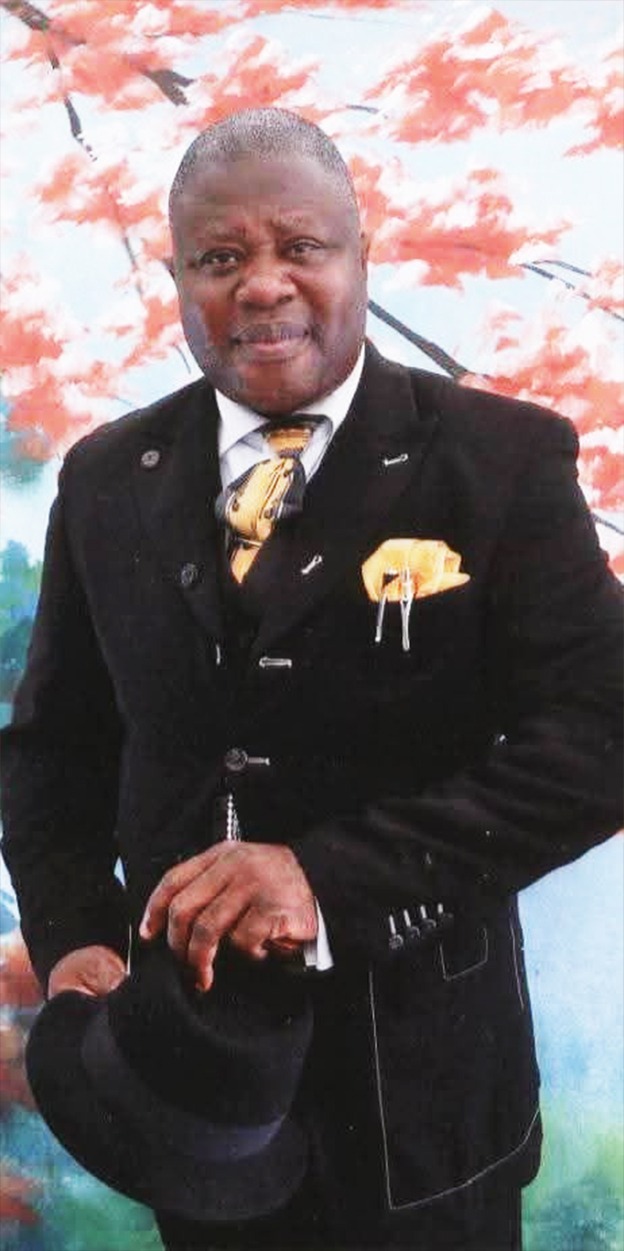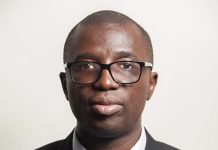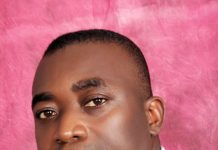Your Excellency,
Recent statements from Washington, particularly under President Donald Trump, suggest a push to label Nigeria a “Country of Particular Concern.” The claim is that Christians are under threat and must be protected. Yet beneath this moral language lies a familiar pattern – a pretext for intrusion.
Nigeria has not fully achieved the religious tolerance seen in Ghana. Tensions between Christian and Muslim communities, and extremist violence, are real. Yet these internal challenges do not justify external manipulation. Re-designating Nigeria as a “Country of Particular Concern” on these grounds is troubling.
Religious intolerance is not unique to Nigeria. The U.S. State Department reports that allies such as Saudi Arabia and Egypt impose severe restrictions on religious freedom. Yet they face no similar condemnation. This selectivity exposes the inconsistency of Washington’s moral posture: religion here serves as a strategic pretext, not a genuine concern.
This is not about saving Christians. It is about creating legitimacy for intervention. Like Venezuela, Nigeria’s vast oil and mineral wealth makes it a target for control, not compassion. Indeed, the tone and timing of Washington’s posture reveal a deeper game – a geopolitical strategy dressed in the robes of faith. Religion is turned into a tool of manipulation, with Christian persecution as moral cover.
Your Excellency, Nigeria is Africa’s most populous nation and the anchor of West African stability. Weakening it endangers the entire subregion. One would expect Washington to partner with Nigeria in combating insurgents and strengthening security. Instead, help comes with conditions – or worse, as boots on the ground. That is not assistance; it is intervention by another name.
True partnership respects sovereignty. It builds capacity, not dependency. If the goal were genuinely to protect lives and promote peace, the U.S. would support Nigeria’s intelligence, logistics, and community resilience – not threaten punitive measures that weaken institutions.
Beneath the rhetoric lies a contest for Nigeria’s resources — oil, gas, lithium, cobalt, and other critical minerals essential to the global energy transition. History shows that “protection” quickly becomes intervention, as in Venezuela, Iraq, and Libya.
To weaponize religion for political gain is morally hollow and dangerous. It risks igniting sectarian tensions across West Africa. The Middle East shows the cost of proxy wars: nations rarely recover quickly from externally engineered conflicts.
Your Excellency, Ghana cannot remain silent. A destabilized Nigeria would trigger a humanitarian crisis, displacing millions across borders. Ghana would inevitably bear the brunt – through refugee inflows, economic strain, and threats to West African stability.
In such a scenario, Ghana would be compelled to invoke the jurisdiction of the UNHCR, WHO, and other international agencies to manage the humanitarian and public health consequences. Early international attention is essential.
For these reasons, Ghana must raise its strongest diplomatic protest against any effort – overt or covert – to invade, sanction, or politically isolate Nigeria under moral pretenses. The peace of one African nation is the security of all.
Africa does not need new wars. It needs respect – for sovereignty, African-led solutions, and genuine partnership. Cooperation must be rooted in fairness, not paternalism.
If Washington truly wishes to engage Africa, then, it must cease such threats for indeed, such threats of invasion are gradually causing the United States to lose hegemonic respect in West Africa, shifting influence in the subregion toward China and Russia.
True friendship requires listening, not lecturing; cooperation, not coercion. The world is watching whether the United States treats Africa as a partner in progress or merely as a pawn in global power competition.
Respectfully,
Seth Kwame Awuku
Takoradi, Ghana
📧 sethawuku.sa@gmail.com
About the Author:
Seth Kwame Awuku is a Ghanaian writer and analyst with a background in Law, Political Science, and International Relations. He writes on governance, leadership, diplomacy, and African affairs.
For more news, join The Chronicle Newspaper channel on WhatsApp: https://whatsapp.com/channel/0029VbBSs55E50UqNPvSOm2z










